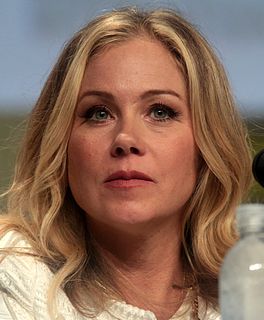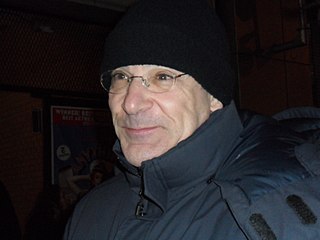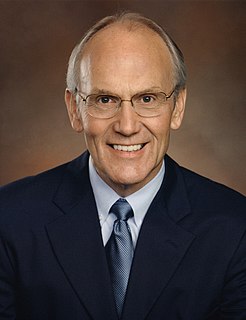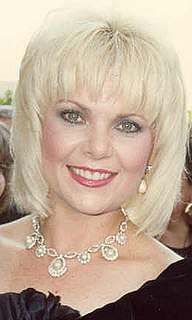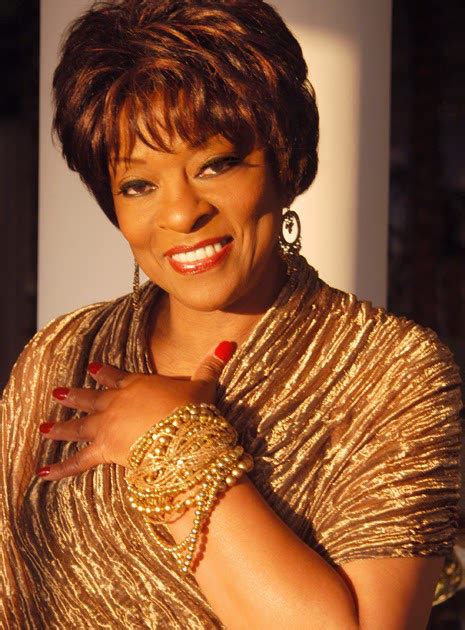A Quote by John Bel Edwards
It's shocking to learn that thousands of men are expected to be diagnosed with breast cancer each year and that hundreds may die. Education and early detection are important for women and men.
Related Quotes
Despite the fact that one in every two men and one in every three women will be diagnosed with cancer in their lifetime, no one ever expects it to happen to them. I surely didn't. I was an otherwise healthy 37-year-old when I was diagnosed in 1996 with multiple myeloma, the same rare cancer Tom Brokaw has.
I would tell a newly diagnosed young woman that breast cancer is a complex disease which can be frightening and confusing, and it's normal to experience these emotions, and having a good support system is important. Be an active participant in your treatment, follow your doctor's instructions and ask questions. Also, I would tell her that there have been many advances in breast cancer and women are now living much longer.


